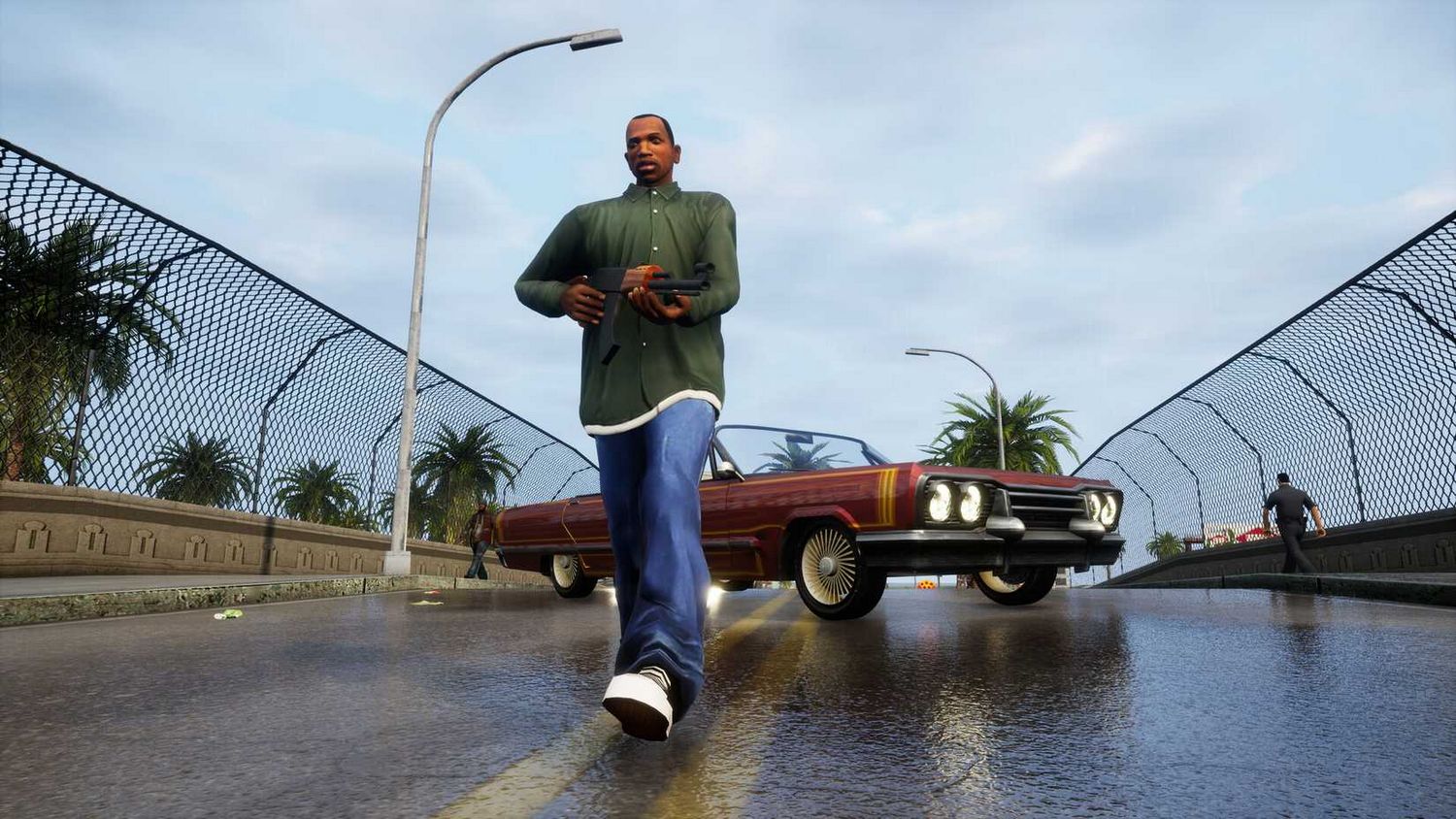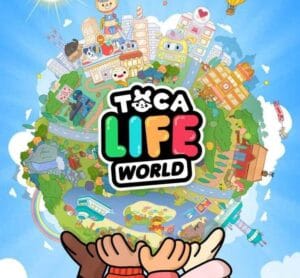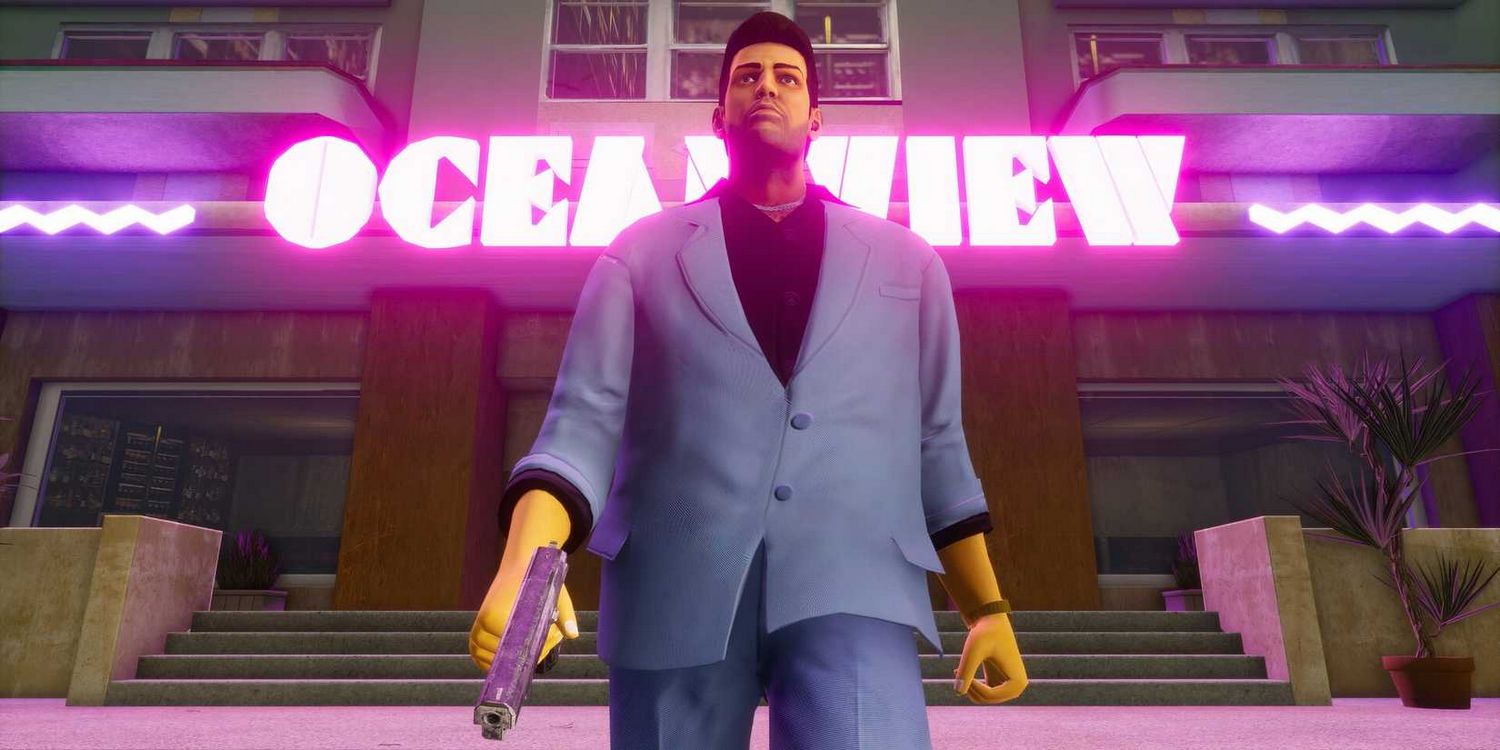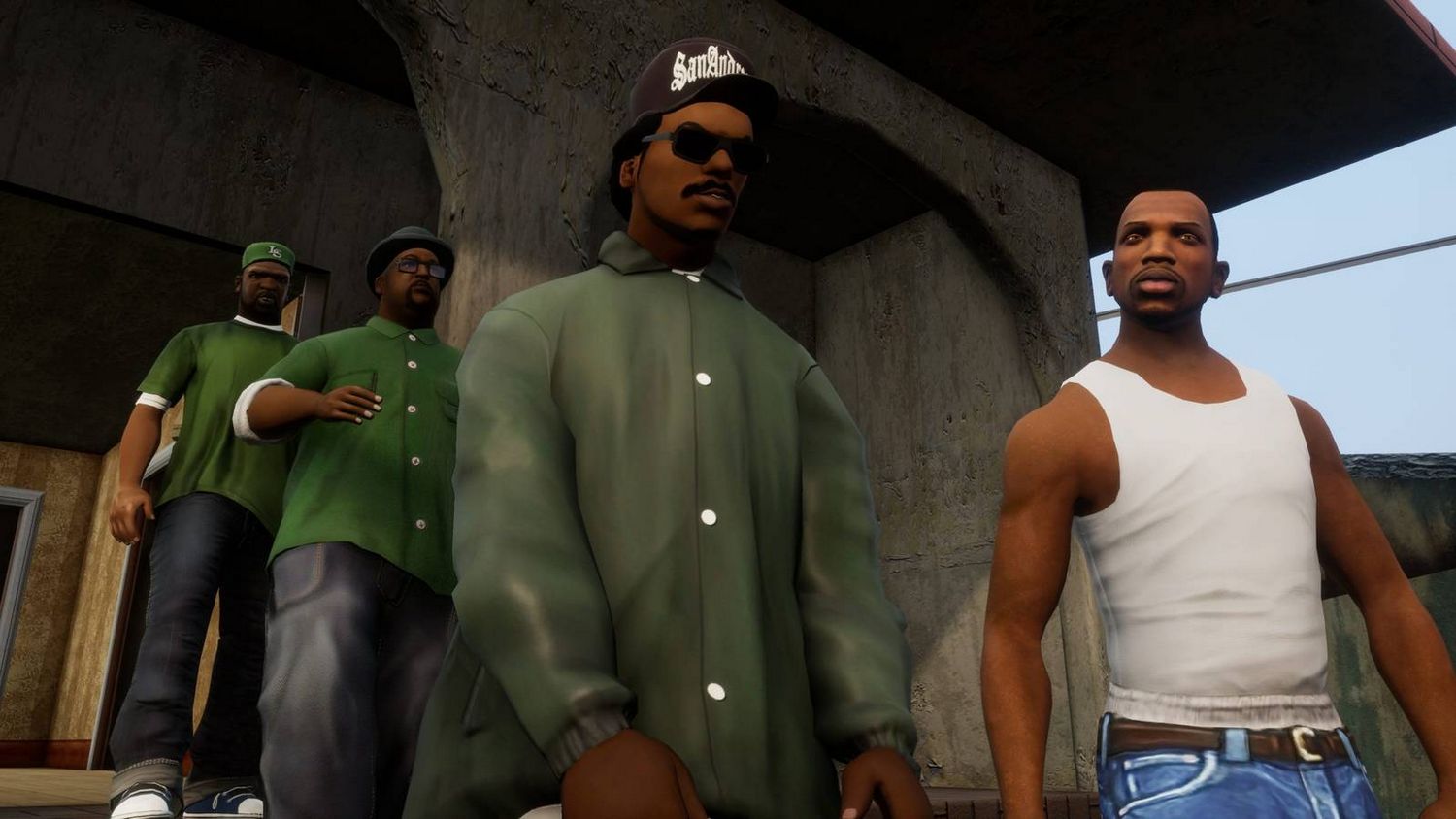University of Tennessee Announces ‘Grand Theft Auto’ College History Class Ahead of GTA 6
Popular Now
 BeamNG.drive
BeamNG.drive
 Free Fire
Free Fire
 Sonic the Hedgehog™ Classic
Sonic the Hedgehog™ Classic
 Geometry Dash
Geometry Dash
 Black Myth: Wukong
Black Myth: Wukong
 Poppy Playtime
Poppy Playtime
 CarX Street
CarX Street
 Candy Crush Saga
Candy Crush Saga
 R.E.P.O
R.E.P.O
 Schedule I
Schedule I 
In a fascinating development that highlights the growing academic acceptance of video games as a medium for serious study, the University of Tennessee, Knoxville has announced a new college history course centered on the Grand Theft Auto series. The class, officially titled “Grand Theft America: U.S. History Since 1980 through the GTA Video Games,” is set to begin in January 2026. This groundbreaking course will use the satirical and detailed worlds of the GTA franchise as a framework to explore the real-world social, political, and cultural history of the United States. This marks a significant moment in the intersection of academia and gaming culture, proving that video games have moved far beyond the realm of mere entertainment and are now being treated as a legitimate tool for historical analysis and discussion.
The course is being taught by Professor Tore Olsson, a history academic who is no stranger to using video games in the classroom. He previously taught a popular course that used Rockstar’s other hit franchise, Red Dead Redemption, as a lens to study American history between 1899 and 1911. Olsson has stated that the class is “much more about American history than the games themselves,” with the GTA series serving as a narrative prompt to explore topics such as the LA riots, the war on drugs, post-9/11 security culture, and Wall Street deregulation. This innovative approach recognizes that while the games are a satirical parody, they often capture the mood and zeitgeist of a particular historical period in a way that is highly engaging for students.
 Course Details and a Notable Absence
Course Details and a Notable Absence
The course will examine the various entries in the GTA series, each of which is a snapshot of a different era in modern America. For instance, the course will use GTA: Vice City (set in the 1980s) to discuss the decade of excess and deregulation, while GTA: San Andreas (set in 1992) will be used to explore the social unrest and policing issues of the early 90s, particularly the Los Angeles riots. The syllabus is structured to use the games’ in-world satire—from talk radio stations to in-game political campaigns—as starting points for students to analyze real historical events. Notably, the course does not require students to own or play the games themselves, as Professor Olsson plans to use curated video clips and other materials in class to avoid putting a financial burden on students. The class will also not include the highly anticipated Grand Theft Auto 6, which is scheduled for release in May 2026. Professor Olsson had originally planned for the course to align with the game’s release, but the official delay from Rockstar Games meant the academic schedule could not wait.
 Why Academia is Embracing Video Games
Why Academia is Embracing Video Games
The decision to offer a course like this is a reflection of a broader trend in higher education. As video games have become the dominant form of entertainment globally, a new generation of academics is beginning to recognize their cultural and historical significance. The course at the University of Tennessee is a direct challenge to the traditional view that video games are merely a frivolous pastime. It showcases their potential as a powerful medium for storytelling, social commentary, and historical representation. This trend is also evident in the proliferation of degree programs in video game design and development, as well as courses on the history and cultural impact of video games. This academic shift is a major milestone for the gaming industry, elevating it from a niche hobby to a major cultural force worthy of serious study. The news has generated significant online buzz and has been a major source of high-CPC keywords for gaming news outlets and academic publications alike.
This class serves as a fascinating experiment in education. It uses a popular, accessible medium to draw students into the study of history, a subject that can often be seen as dry or disconnected from modern life. The ability of the GTA series to create a satirical but recognizable version of America makes it an ideal case study. As Professor Olsson noted, his hope is that students will “never look at these games, or modern America, the same again.”








 Course Details and a Notable Absence
Course Details and a Notable Absence Why Academia is Embracing Video Games
Why Academia is Embracing Video Games